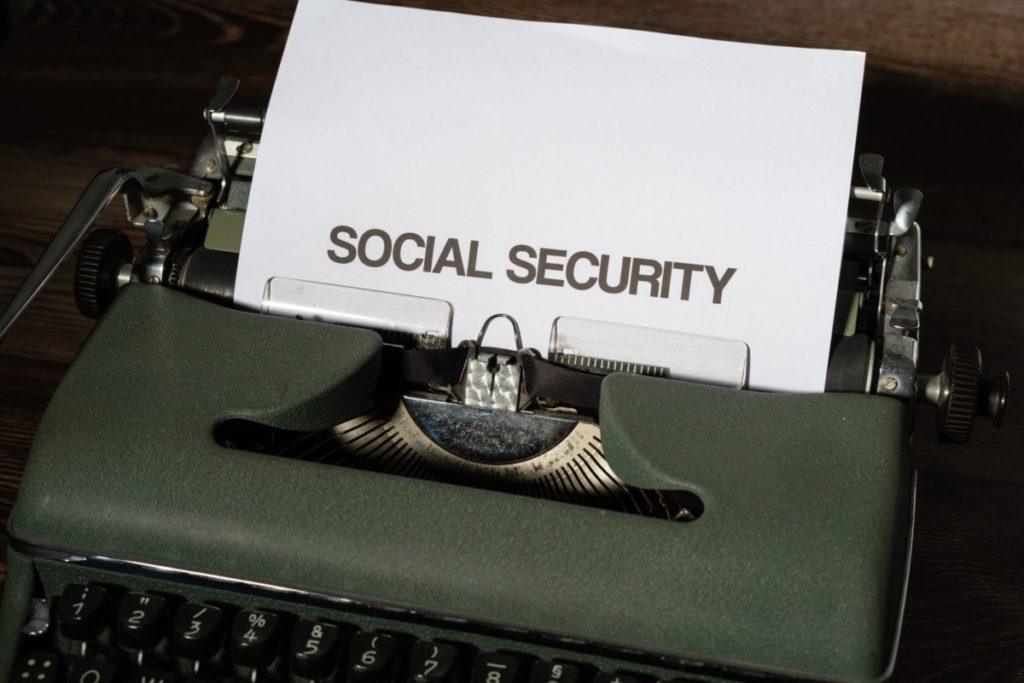
Inflation is still incredibly prevalent in the United States. The Fed is combating it by systematically increasing interest rates. The last update we had was back in March, when Jerome Powell and the Fed issued the first interest rate increase of many. Now, as of May 4th, the Fed has gotten aggressive, issuing the largest interest rate hike in 22 years, as CNBC’s Jeff Cox reports.
Recapping the Story so far
The Fed had made its intentions known near the start of the year. Originally, the Fed had intended to raise interest rates steadily, between 0.2 and 0.5 percent, three times. The Fed’s plan kicked off in March, with the first interest rate hike equating to 0.25 percent. The planned number of interest rate hikes had increased from three to a total of ten.
So far, inflation has kept in line with increasing interest rates. Now, as the second hike begins, the Fed has increased the interest rate by 0.50 percent. Powell had stated back in March that a hike this high was a possibility. In his address on May 4, he stated that multiple hikes at 0.50 percent were likely, but the Fed is less likely to raise rates by a higher percentage.
How do Increasing Interest Rates Affect Me?
So, this particular interest hike is the largest since the year 2000. That sounds scary, but it was also expected. In addition to the interest hike, the Fed has issued a new cap on buying bonds from the Treasury. Ultimately, the Fed will reduce its bond holding by $95 billion by the end of the year, setting a $35 billion cap in June, and increasing it by $60 billion by September. Again, this plan is definitely aggressive, but not totally surprising, with the stock market reacting with increasing stocks and lower bond yields.
In any case, this move by the Fed is something we’ve been planning for, but that doesn’t make it any easier. As CNN’s Matt Egan reports, individual consumers can expect it to be harder to borrow money. On the bright side, saving accounts will be able to accumulate more interest as well, which is positive news for seniors with retirement savings accounts.
Fighting the Good Fight
Increasing interest rates is a bitter pill to swallow. Fortunately, the Fed stated in its address that its plan was adaptable. If inflation showed signs of slowing, then the hikes would be able to slow too; however, until then, it must maintain its aggressive plan.
The Council for retirement Security is devoted to protecting Social Security. In times of inflation, we need to be able to rely on our benefits, and we can do that by helping the Council in their fight to protect both the Trust’s future and ours.



